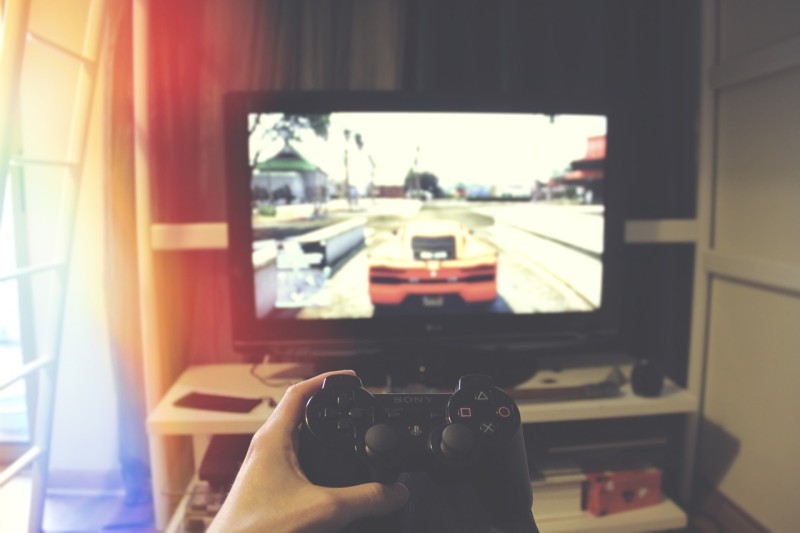Video game play is positively related to well-being.

Individuals have never played more video games, and numerous partners are concerned that this action may be terrible for players. Up until this point, research has not had sufficient information to test whether these concerns are legitimate and, on the off chance that policymakers ought to act to direct video game play time, We endeavour to give truly necessary proof and satisfactory information.
Though past examinations needed to depend on self-announced play conduct, we teamed up with two gaming organizations, Electronic Expressions, to acquire players' genuine play conduct. We want you to video games write for us because we respect our writer’s time value write on the above categories and send at deltaprohike@gmail.com.
As opposed to many feelings of dread that inordinate play time will prompt compulsion and poor emotional wellness, we tracked down a little positive connection between game play and emotional well-being. Need fulfilment and inspirations during play didn't cooperate with play time yet were rather autonomously connected with well-being. Our outcomes advance the field in two significant ways. In the first place, we demonstrate the way that coordinated efforts with industry accomplices should be possible to meet high scholarly norms in a moral and straightforward style. Second, we convey to policymakers truly necessary proof of the connection between play and emotional well-being.
Video games are a tremendously popular and beneficial recreation movement. Last year, the incomes of the games business were bigger than the entertainment world's, and the quantity of individuals who report playing games has never been higher. Across the globe, the ascent of games as a predominant type of diversion and mixing has brought up significant issues about the possible impact of play on well-being.
These inquiries concern players, guardians, policymakers, and researchers in the same way: billions of individuals play video games, and assuming this movement significantly affects well-being, playing games could have overall wellbeing influences. Thus, observationally understanding how games could help or damage players is a first concern for all partners.
It is potential games' unbiasedness regarding wellbeing and establishing strategies that pointlessly direct play would confine basic liberties to play and the opportunity of articulation. Choices on directing video games or advancing them as a vehicle for supporting wellbeing in this manner involve high stakes and should not be made without powerful logical proof. Sadly, almost thirty years of exploration investigating the potential connections between video games and adverse results including hostility, fixation, well-being, and mental working have brought us not even close to an agreement or proof-based strategy in light of the fact that dependable, reproducible, and environmentally legitimate examinations are rare.
Second, the video game industry has in the past wondered whether or not to work with autonomous researchers. As time has gone on, it has become increasingly evident that defaulting to self-report isn't valid. Late-proof recommendations based on self-reports of advanced ways of behaving are famously loose and one-sided, which restricts the determinations we can make from research on time spent on video games and well-being.
ALSO READ: gambling and addiction's effects on neuroplasticity
